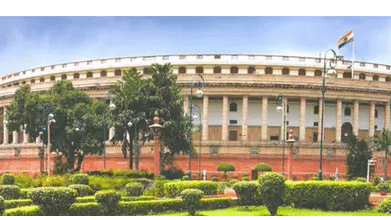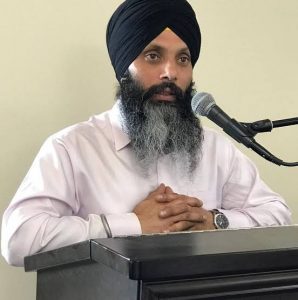Rajya Sabha, the
Upper House of the Indian Parliament, will be getting new members soon. The ‘Council
of States’, Rajya Sabha plays a critical role in enabling states to have a
voice in drafting legislation. The Rajya Sabha has a maximum strength of 250
members, 238 of whom represent the states and Union Territories. Twelve others
are nominated by the President. These 12 members come from the fields of art,
literature, science and social service.
Election of
Rajya Sabha members
Members of the
Rajya Sabha are elected through proportional representation by members of state
legislative assemblies. The votes are cast through a single transferable vote
system. The number of votes for every state are not uniform. They depend on the
population of a particular state.
Therefore, Uttar
Pradesh, which is India’s largest state population-wise, has 31 seats in the Rajya
Sabha. Goa, India’s smallest state in terms of population, has just one seat.
Meanwhile, representatives
of Union Territories to the Rajya Sabha through an electoral college.
Why is Rajya
Sabha a permanent house?
The Rajya Sabha is
a permanent house because it’s a house that doesn’t dissolve, unlike the Lok
Sabha, which dissolves every five years in normal circumstances. In the Rajya
Sabha, members have a term of six years and a one-third of members retire every
two years. Fresh elections are held for
vacant seats at the beginning of the third year.
Who runs the
Rajya Sabha?
The Rajya Sabha is
chaired by the Vice-President of India. The vice-president is the ‘ex-officio
chairman’ of the Upper House. However, day-to-day business of the Rajya Sabha
is often run by the Deputy Chairman who is elected from among members of the Rajya
Sabha.
Who leads the
Rajya Sabha?
In a similar
manner to the Lok Sabha, or Lower House, the Rajya Sabha is led by a minister
and a member of the House nominated by the prime minister.
Who can
become a member of the Rajya Sabha?
To become a member
of the Rajya Sabha, one must be an Indian citizen, must be above 30 years of
age and be registered as an elector in a parliamentary constituency.







